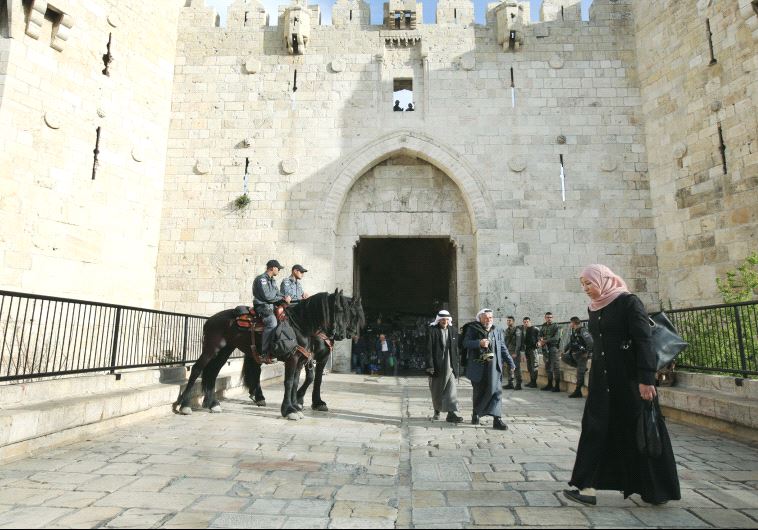Starting a conversation
Israel’s official narrative whenever its security officials’ use of force is questioned always starts as one of total justification.
 Border police and local Arabs at Jerusalem’s Damascus Gate in the Old City(photo credit: MARC ISRAEL SELLEM)
Border police and local Arabs at Jerusalem’s Damascus Gate in the Old City(photo credit: MARC ISRAEL SELLEM)